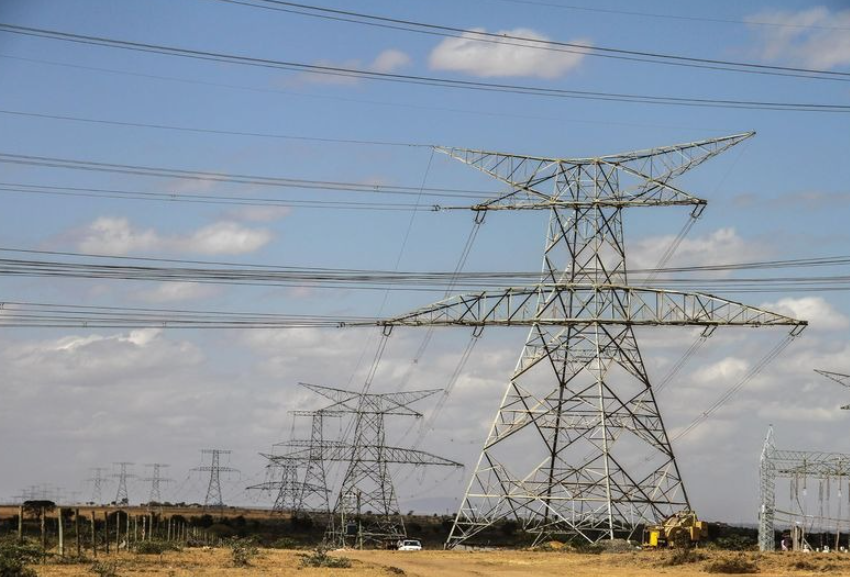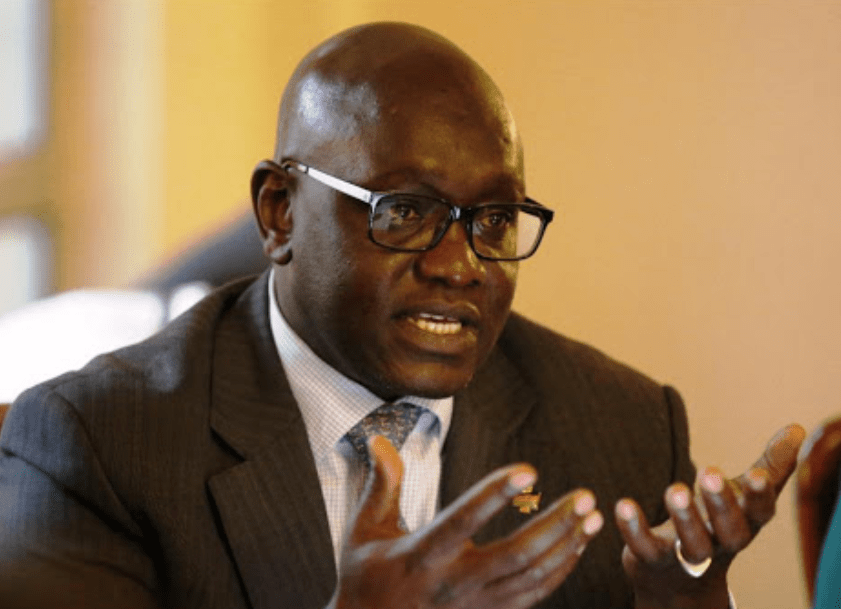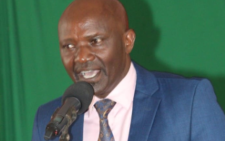Fuel retailer goofed on consumer criticism

Crisis management is a critical part of corporate communication. Most companies know that a crisis will occur, but the timing is usually unknown. As such, many organisations have a ready crisis communication plan to be rolled out when necessary.
A few weeks ago, an oil retailer was hit by a crisis. Some young people went about testing oil purchased from different retailers, and their verdict was that the classic retailer, long in the market with a recognisable brand across the country, was selling substandard products, that even their premier product was not what it was billed to be.
This was a crisis by any measure. It would shake the faith that the public had in the product and could lead to a decline in sales and certainly a decline in revenue. Many companies have been in this place before.
Not too long ago, KFC ran into trouble. Locally, it was the crisis of potatoes. While Kenya produces potatoes, it was understood that the food chain imported its tubers due to the special quality they needed to maintain their brand. Kenyans did not want to know. To sell in Kenya, the public insisted, you needed to buy in Kenya. Somehow, that crisis was resolved, and chips continue to fly out of the frying pans for happy customers.
But KFC had other challenges, this time in the United Kingdom. The C in the name stands for chicken, and in the UK, due to some logistical transport challenges, the company failed to receive its supply of chicken. Word of the shortage went around, and customers who wanted to have a last bite before the stock ran out completely turned out in large numbers, causing a supply crisis. They managed to deal with it, even releasing a cheeky statement. But not before the police were called in to manage the tricky situation.
Samsung, too, had its rough share of market response some time back. A market leader in cellphone products, the battery in Samsung Note 7 phones started exploding for some not understood reason. Consumers tend to vote with their wallet and pull back from potential purchases.
The company replaced the phones that were already sold. But that was not all. The American government demanded the recall of the phones. The company lost $26 billion in stock market value and $17 billion in sales. Markets can be brutal.
So it is easy to understand why the story that the oil retailer’s products are of low quality would rattle the company and why their crisis management team and particularly crisis communication would want to swing into action.
Yet their response offers quite a study on what to do and what not to do. Kenya seems schooled on the game of denial, deflection and blame, but this is not necessarily a good strategy. It is not clear what the crisis management strategy of the company was. They issued a statement saying that their products were tested for quality (denial), but then in the same statement, they committed to investigate the matter. It is not clear what the results of their investigations have been.
Then the regulator stated that they had tested the products, including from the specified outlets, and confirmed that the products were of the standard quality. People invest heavily in purchasing their vehicles; therefore, the quality of fuel that goes into the vehicles is not something to be wished away. Generally, not many Kenyans trust the regulator anyway, so whereas this was an important step, it would not have been enough.
Yet one of the responses of the oil company was a near insult to the intelligence of the consumers. They paraded some women in the fuel retailer’s brand colours. The women, bending as if to emphasise their posterior side and simulate sexual appeal, were at a fuelling station. What did these women have to do with the challenge the company was facing? It was a poor strategy, poorly executed, and a study in what not to do in a crisis. This is the equivalent of digging a hole while in it.
— The writer is the Dean of Daystar University’s School of Communication-















